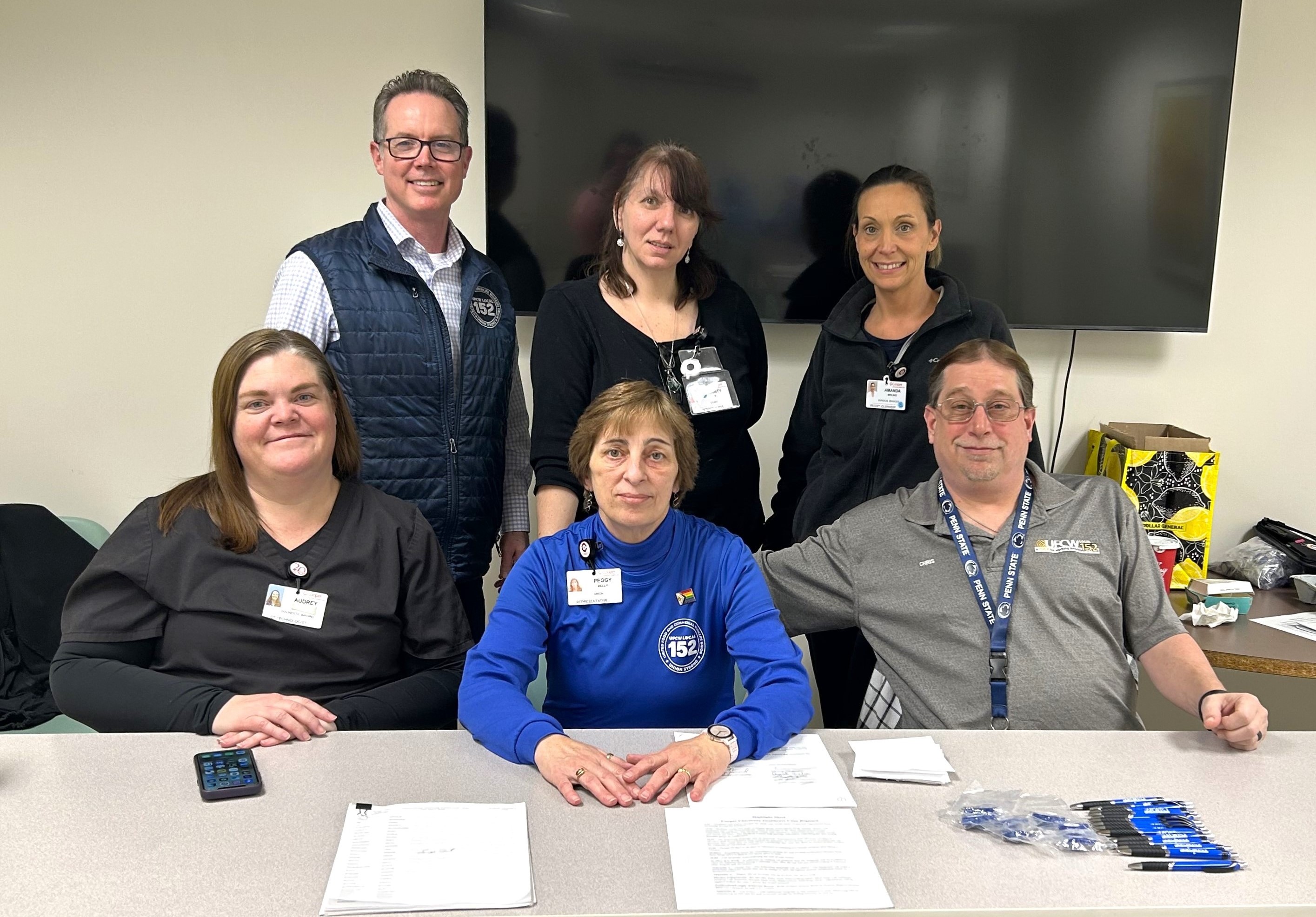- 3120 Fire Road, Suite 201 Egg Harbor Township, NJ 08234
- 888-564-6152
By Matte Kane, Union Representative
How many grapes have we eaten in our lives? How many times have we considered the blistered, sun dried hands that tended to and harvested that grape for us? In this era of fashionable seed-to-table dining and retail, we often neglect the worker involved with the process. With our current political climate, it would be more encouraging to think of this as “seed-to-worker-to-table”. With this in mind, today, April 10th, we look back at the labor activism of Dolores Huerta, and lessons in grassroots democracy on her 88th birthday.
Humble Beginnings
Dolores Huerta was born in Dawson, New Mexico to a family of second generation coal miners. Growing up in a “working poor” mining community, a young Dolores heard stories of labor organizers working with her family members who traveled the mid-west in season as beet harvesters. Her parents divorced when she was pre-school aged, her father remained in New Mexico and a few years later became a State Representative, while her mother relocated with her three children to the farming community of Stockton, California. In Stockton, her mother eventually financed and operated a restaurant and 70 room hotel, catering to migrant farm workers, often receiving little or no money for rooms rented out to traveling workers.
Dolores, leading a semi-gifted childhood due to her mother’s planning and success, experienced the life of the average American teenager in the 1940s. However, all things not being equal, she began to realize the stigma of being of Mexican descent in a sheltered farming community. She remembered a school teacher accusing her of stealing another student’s work and, as a result, giving her an unfair grade, an act she considers to be rooted in racial bias. Having experienced marginalization during childhood because she was Hispanic, Huerta grew up with the belief that society needed to be changed. Dolores graduated from the University of the Pacific and immediately began teaching elementary school in Stockton. Shortly after beginning her teaching career, Huerta discovered her true calling: “I couldn’t tolerate seeing kids come to class hungry and needing shoes. I thought I could do more by organizing farm workers than by trying to teach their hungry children.”
Action
In 1955, Huerta helped Fred Ross start the Stockton Chapter of the Community Service Organization (CSO), which fought for economic improvements for Latinos. Due to her dedication and willingness to serve, Ross often delegated huge responsibilities to her. He knew she was capable of delivering the organization’s message and promoting its agenda. “As she assumed responsibilities and stance that were traditionally held by white males, Huerta encountered criticism based on both gender and ethnic stereotypes.”
In 1960, Huerta co-founded the Agricultural Workers Association, which set up voter registration drives and pressed local governments for “barrio” improvements. With Cesar Chaves in 1962, she co-founded the National Farm Workers Association, which would later become the United Agricultural Workers Organizing Committee. In 1966, Dolores Huerta negotiated a contract between the UFWOC and Schenley Wine Company, marking the first time that farm workers were able to effectively bargain with an agricultural enterprise.
The first testament to her lobbying and negotiating talents were demonstrated in securing Aid For Dependent Families (“AFDC”) and disability insurance for farm workers in the State of California in 1963, an unparalleled feat of the times. She was also instrumental in the enactment of the Agricultural Labor Relations Act of 1975. This was the first law of its kind in the United States, granting farm workers in California the right to collectively organize and bargain for better wages and working conditions. While the farm workers lacked financial capitol, they were able to wield significant economic power through hugely successful boycotts at the ballot box with grassroots campaigning. As the principal legislative advocate, Dolores became one of the UFW’s most visible spokespersons. Robert F. Kennedy acknowledged her help in winning the 1968 California Democratic Presidential Primary moments before he was shot in Los Angeles. Throughout the years she has worked to elect numerous candidates including President Clinton, Congressman Ron Dellums, Governor Jerry Brown, and Congresswoman Hilda Solis.
As much as she was Cesar’s right hand she could also be the greatest thorn in his side. The two were infamous for their blow out arguments, an element that was a natural part of their working relationship. Dolores viewed this as a healthy and necessary part of the growth process of any worthwhile collaboration. While Dolores was busy breaking down one gender barrier after another, she was seemingly unaware of the tremendous impact she was having on not only farm worker woman, but also young women everywhere.
While directing the first National Boycott of California Table Grapes out of New York she came into contact with Gloria Steinem and the burgeoning feminist movement who rallied behind the cause. Quickly she realized they shared much in common. Having found a supportive voice with other feminists, Dolores consciously began to challenge gender discrimination within the farm workers’ movement.
At age 58 Dolores Huerta suffered a life-threatening assault while protesting against the policies of then presidential candidate George Bush in San Francisco. A baton-wielding officer broke four ribs and shattered her spleen. Public outrage resulted in the San Francisco Police Department changing its policies regarding crowd control and police discipline and Dolores was awarded an out of court settlement.
Today
Today at 88, Dolores Huerta continues to work tirelessly developing leaders and advocating for the working poor, women, and children. As founder and president of the Dolores Huerta Foundation, she travels across the country engaging in campaigns and influencing legislation that supports equality and defends civil rights. She often speaks to students and organizations about issues of social justice and public policy.
There are thousands of working poor immigrants in the agriculture-rich San Joaquin Valley of California. They are unfamiliar with laws or agencies that can protect them, or benefits that they are entitled to. They are often preyed upon by unscrupulous individuals who take advantage of them. They often feel hopeless and unable to remedy their situations. Dolores teaches these individuals that they have personal power that needs to be coupled with responsibility and cooperation to create the changes needed to improve their lives. It is rarely practiced today because it is tedious and time consuming. However, the results are long lasting and while people are in the process of building organization, they are learning lessons they will never forget and the transformative roots are planted. The fruit is the leadership that is developed and the permanent changes in the community. In other words, this is how grass roots democracy works.
Want to read more articles by Union Representative Matte Kane? Click here.





